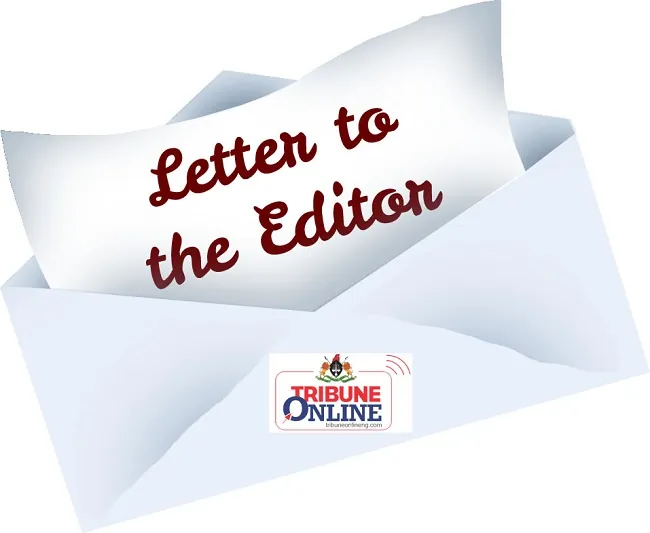By: Suliyat Oladejo
I am compelled to express my deep concern about the state of the education sector in Nigeria. Nigeria’s education system continues to grapple with numerous challenges, which have far-reaching consequences for our children, our economy, and our future. The statistics are alarming. According to United Nations Educational, Scientific, and Cultural Organization (UNESCO), Nigeria has the highest number of out-of-school children in the world, with over 10 million children lacking access to basic education.
Furthermore, the quality of education in Nigeria is a major concern. Our curriculum is outdated, and our teaching methods are often ineffective. This has resulted in a high rate of failure in external examinations, such as the West African Senior School Certificate Examination (WASSCE) and the Joint Admissions and Matriculation Board (JAMB) examination.
Read Also: NELFUND MD dismisses allegations of missing N71bn
To overcome this, the Federal Government must prioritise investment in education, allocating a minimum of 15% of the national budget to the sector, as recommended by UNESCO.
Also, the government needs to address the issue of out-of-school children by implementing policies that promote inclusive education, such as free education for all, and programmes that support vulnerable children, such as girls and children with disabilities.
As concerned citizens, we need to hold our leaders accountable for the state of education in Nigeria. We must demand transparency and accountability in the management of educational resources, and ensure that those responsible for the sector are held to high standards of performance.
Suliyat Oladejo, Ilobu, Osun State






